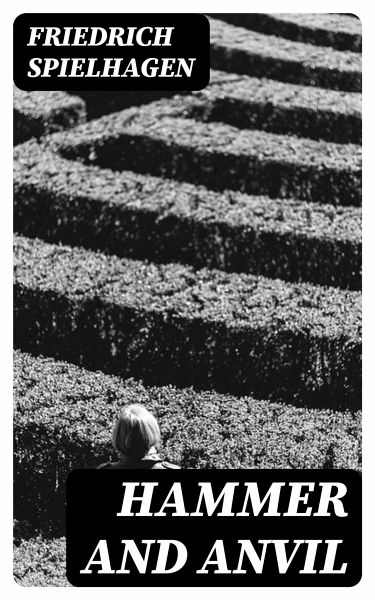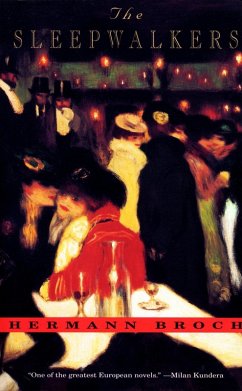
Hammer and Anvil (eBook, ePUB)
A Novel
Übersetzer: Browne, William Hand
Versandkostenfrei!
Sofort per Download lieferbar
0,49 €
inkl. MwSt.
Weitere Ausgaben:

PAYBACK Punkte
0 °P sammeln!
Friedrich Spielhagen's "Hammer and Anvil" is a profound exploration of the tensions between the bourgeois and the revolutionary spirit of 19th-century Europe. The novel is distinguished by its intricate characterizations and psychological insights, embodying the Realist literary style that evokes the social complexities and moral dilemmas of its time. Through vivid imagery and a nuanced narrative structure, Spielhagen delves into the lives of individuals caught between their desires and societal expectations, ultimately reflecting on the broader themes of progress and human agency in a rapidly...
Friedrich Spielhagen's "Hammer and Anvil" is a profound exploration of the tensions between the bourgeois and the revolutionary spirit of 19th-century Europe. The novel is distinguished by its intricate characterizations and psychological insights, embodying the Realist literary style that evokes the social complexities and moral dilemmas of its time. Through vivid imagery and a nuanced narrative structure, Spielhagen delves into the lives of individuals caught between their desires and societal expectations, ultimately reflecting on the broader themes of progress and human agency in a rapidly changing world. Friedrich Spielhagen, a prominent figure in German literature, was acutely aware of the social and political currents of his era, influenced by his own experiences as a writer and a witness to the trials of a society in flux. His commitment to addressing social issues through literature is evident in this novel, which showcases his keen observations of the emerging class struggles and the conflicts intrinsic to human relationships. Spielhagen's background and ideological inclinations imbue this work with a sense of urgency and contemplation, emphasizing the need for social reform. "Hammer and Anvil" is highly recommended for readers interested in the intersections of social justice and literature. Its rich narrative and compelling themes invite reflection on contemporary issues, making it not only a historical artifact but also a resonant commentary on the ongoing struggles for equality and understanding in society. This novel will resonate with those who appreciate a blend of psychological depth and incisive critique.
Dieser Download kann aus rechtlichen Gründen nur mit Rechnungsadresse in A, B, BG, CY, CZ, D, DK, EW, E, FIN, F, GR, H, IRL, I, LT, L, LR, M, NL, PL, P, R, S, SLO, SK ausgeliefert werden.













